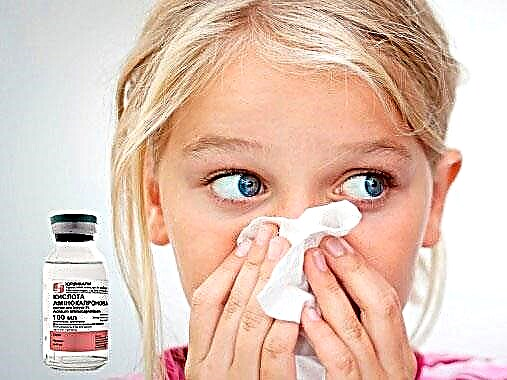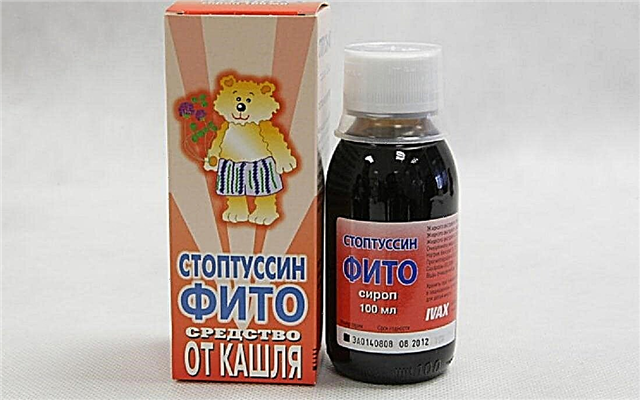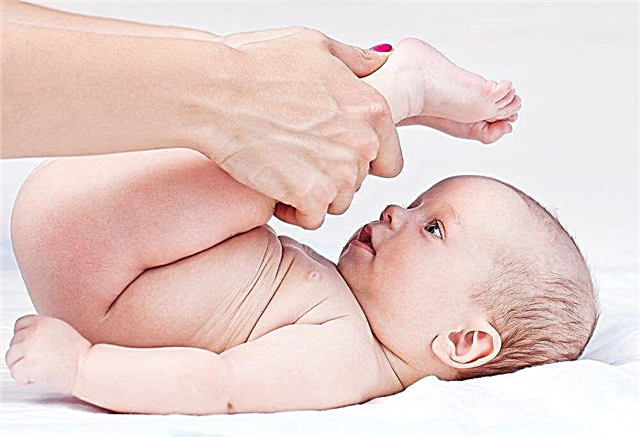
Increased stool in an infant is a concern for parents. If the diarrhea was short-lived, then, most likely, it was caused by overeating or poor quality food. However, diarrhea is often prolonged, and various impurities appear in the stool. What can foam in the feces of a nursing baby indicate and what should parents do?
What does it look like?
Diarrhea is called rapid stool when a child poops more than 8 times a day. If foam is detected in watery or mushy feces, then such diarrhea is considered frothy.

Possible reasons
- Foamy diarrhea may indicate an infection, especially if, in addition to frequent loose stools, the child has weakness, fever, vomiting, and other symptoms of infection.
- Artificial children can react with foamy liquid feces to a new mixture or to early introduction of complementary foods.
- Also, the cause of the frothy stool are drugs taken either by the mother or by the baby.
- A similar type of feces occurs with lactase deficiency. The unbroken milk sugar enters the colon and begins to be processed by bacteria with the release of gases, which ultimately looks like foamy liquefied feces.
- Foamy diarrhea is common in celiac disease. With this disease, the baby's body does not have enzymes that break down the gluten protein.
- Foamy stools are possible with dysbiosis, for example, caused by taking antibiotics, as well as with allergic lesions of the digestive tract.
- Worm infestations, chronic gastrointestinal diseases and other problems can also lead to foamy diarrhea.
Liquid feces with foam can be observed in infants who are fed mainly with front breast milk. Not receiving more fatty milk from the back of the breast, the baby poops with frothy and greenish feces, and also suffers from colic.

When should a doctor be called?
The kid must be examined by a doctor in the following cases:
- The child has fever and vomiting.
- Blood particles appeared in the frothy stool.
- The kid poops more often 8-12 times a day.
- The baby does not gain body weight or the baby's weight decreases.
How to treat?
Isolated cases frothy diarrhea should not cause concern for parents, as it often indicates changes in the diet of a nursing mother or the child himself.
If you often notice admixture of foam in baby's liquid stool, treating the child yourself is not worth it. Contact a specialist who can determine the cause, prescribe the right diet and the necessary medicines for the crumbs.
In turn, a nursing mother should revise her own diet, removing carbonated drinks, legumes, cabbage and other foods that provoke gas in the intestines from the menu. It is also important to establish feeding so that the baby receives both front and back milk from each breast.



